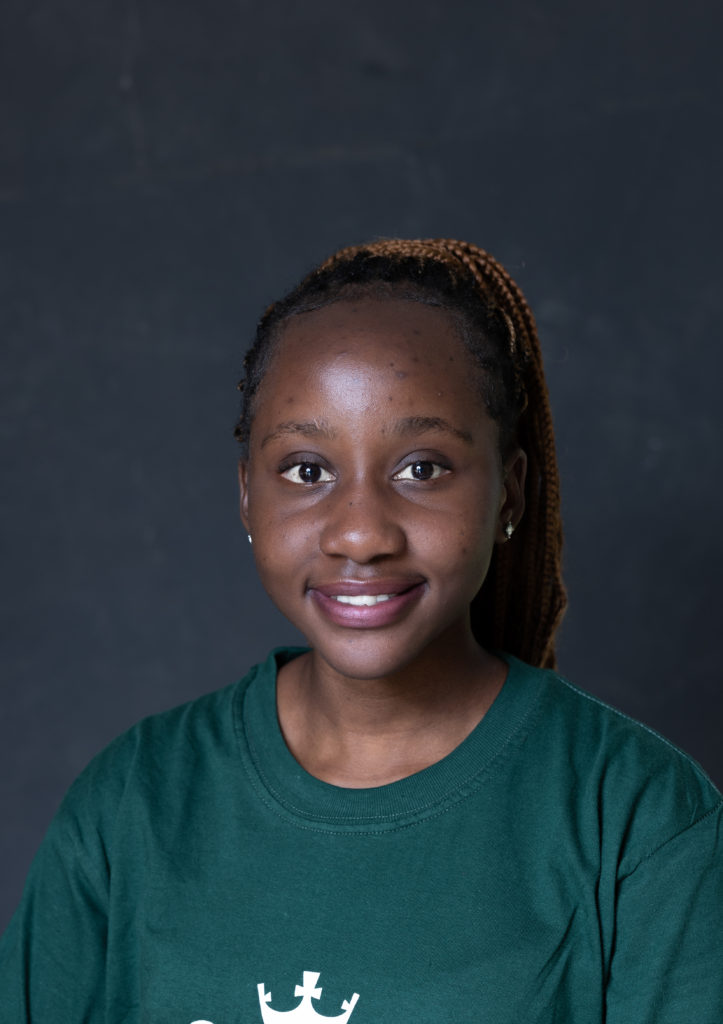STAR Leadership Academy alumni Tanatswa Mhiribidi argues the seemingly harmless question could see young people defer acting as change-makers in their communities.

“What do you want to do when you grow up?”
At face value, the question sounds harmless but may not be the motivator people think it is.
How it is framed may lead young people to defer becoming active participants in society, entering a season of waiting, and thinking there is a bell that will ring at the appropriate time.
The question could cause passivity and dormancy as young people wait for the day when they finally grow up and get to do everything they say in response to the famous question.
But when do we become grown up?
There are young people with brilliant ideas but fail to share them because they think they are not yet of the right age.
What if, instead of asking our young people what they want to be when they grow up, we asked them what impact they want to have on their communities and the country at various stages in their lives?
What if, instead of teaching kids that they can only do big things when they are older, we taught them that they have a boundless ability to achieve remarkable things at every stage of their lives?
Imagine the kind of young people we would raise and the type of nation we would have where young people are conscious that they have a role to play in society even in their youthful years.
Admittedly, there may be skills that one may need to reach their full potential, but those still in school or training for their jobs can volunteer to worthy causes in their communities.
This will allow them to perfect their skills, gain real-life experience while making an impact in society.
Even before ‘growing up’ one can become a change-maker.
Almost 70% of Zimbabwe’s population is aged under 35.
With such a young population, dominant conversations should be around innovation and development.
Instead, when we talk about the youth in Zimbabwe, we hear about drug abuse, unwanted teen pregnancies, and juvenile delinquency.
In their season of waiting, young people are experimenting with all sorts of hazardous activities.
At this point, you are wondering precisely what they are waiting for.
Many young people are waiting to get older so they may finally begin their lives because they have been programmed to believe that when they grow up, life will start, and everything will miraculously fall into place.
Unfortunately, no one has defined the exact age when we have grown up and life starts.
As a result, the waiting season can tempt young people to venture into irresponsible behaviour and aimless living.
Young people are our country’s future; the sooner we recognise this, the sooner we can prepare them for their responsibilities.
Let us encourage, nurture, and, most importantly, mentor them.
Let us shift from the narrative that teaches our youth that they must be fully grown to be significant to one that shows them that they can achieve anything as they are.
The next time you see a young person, instead of asking what they want to be when they grow up, ask what impact they would like to have on their community now and what steps they are taking towards that.
And if you are a young person waiting, there is no need to put your life on hold until you grow up; what do you want to do now?
Tanatswa Mhiribidi was part of the STAR Leadership Academy Class of 2020.


